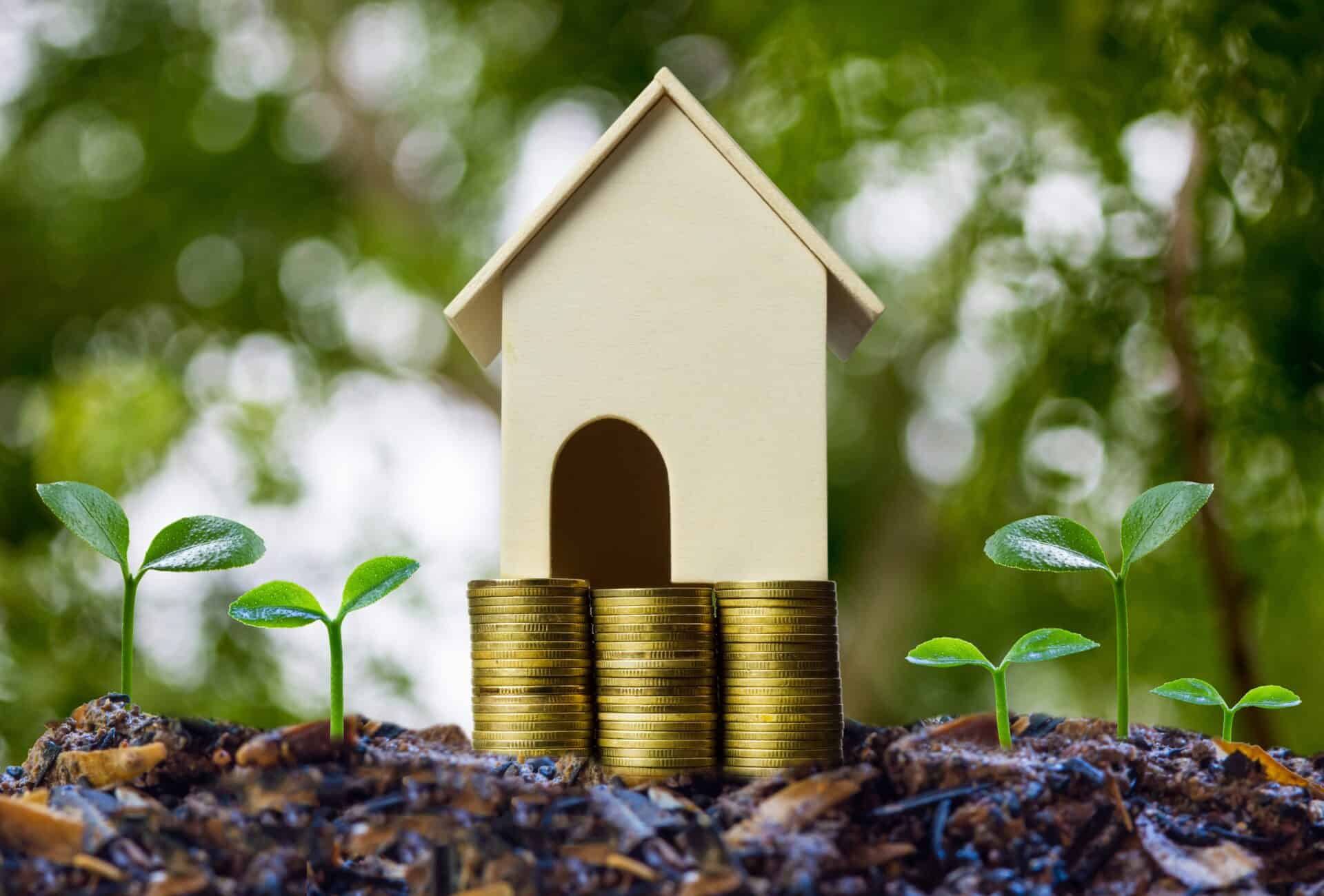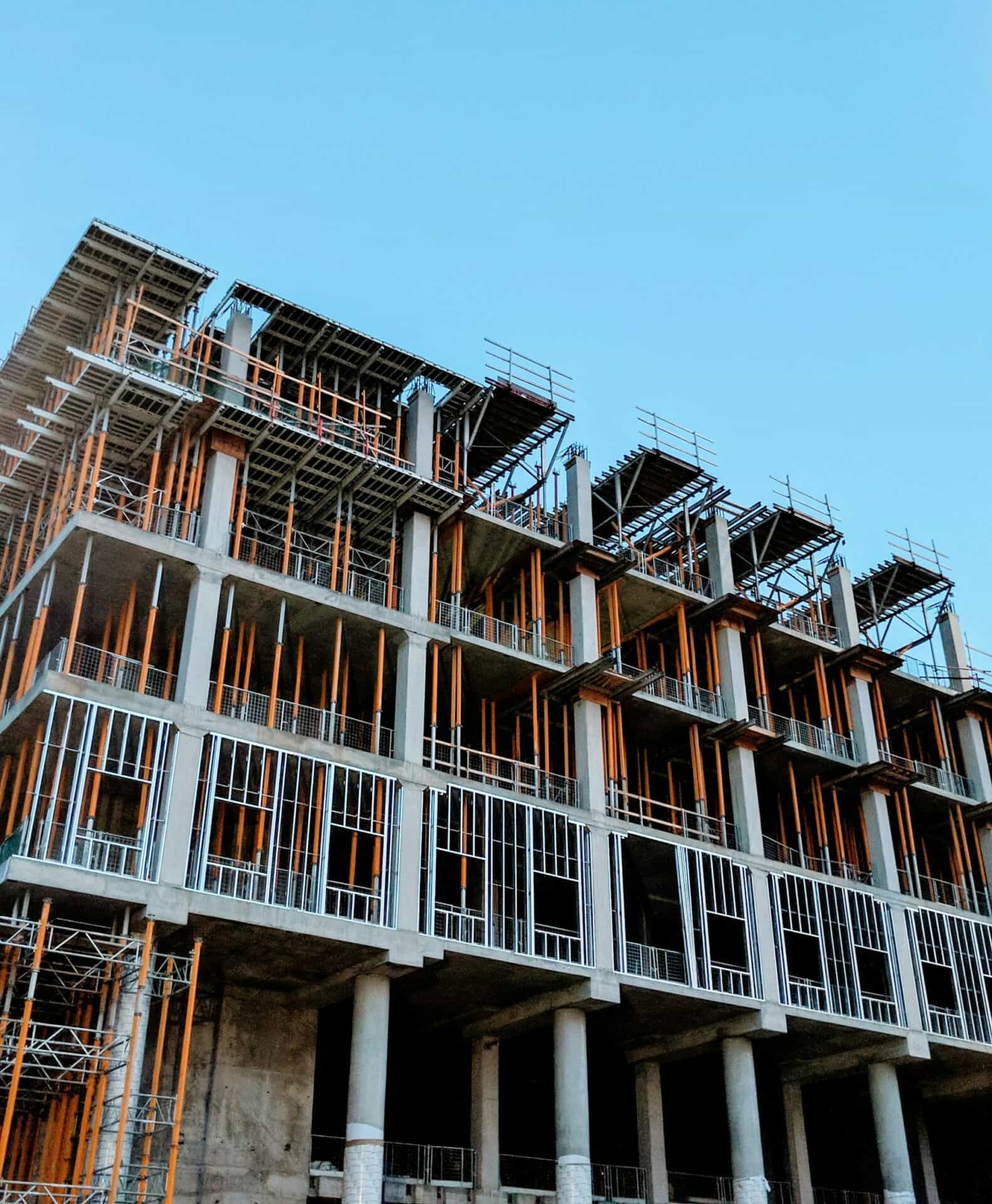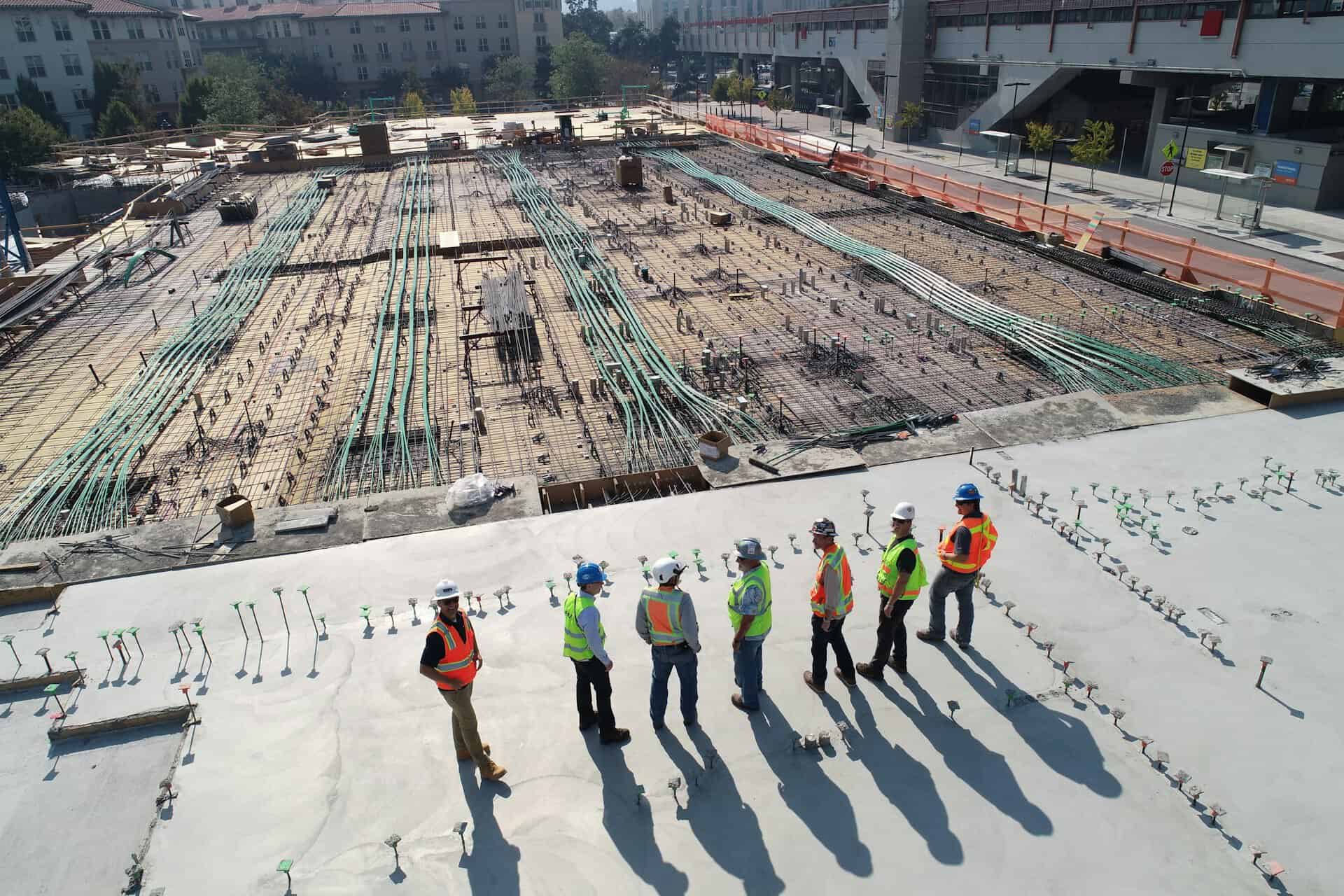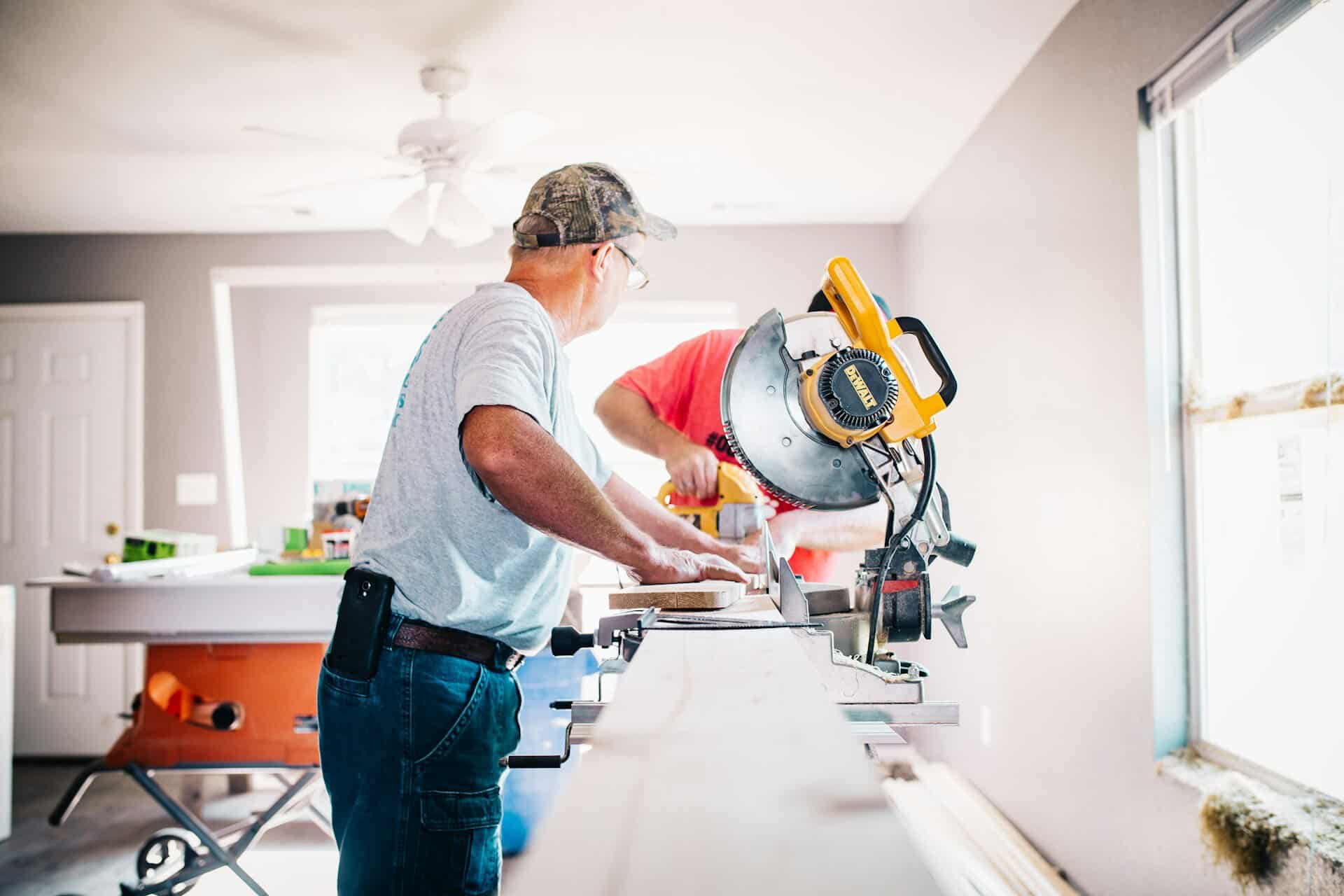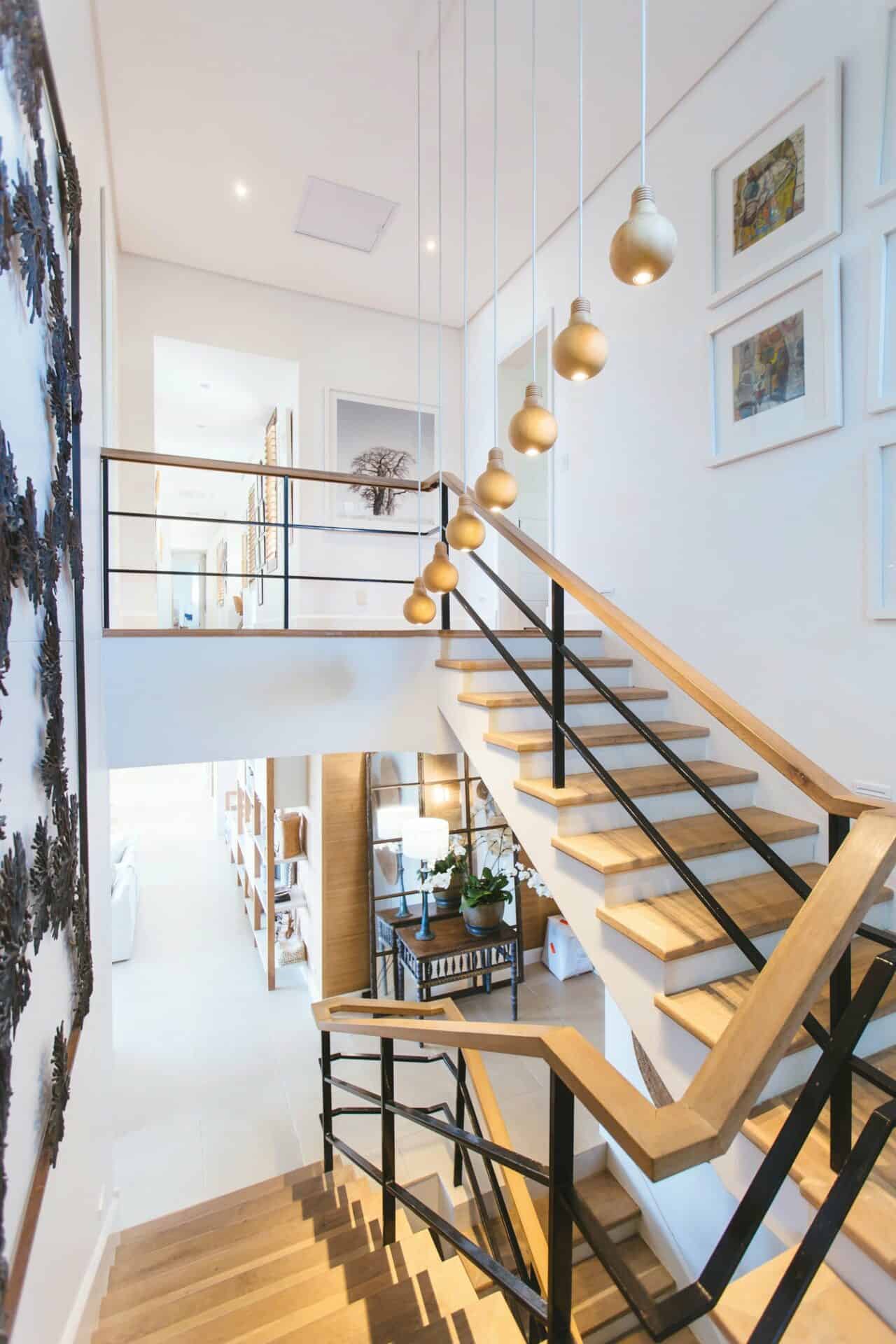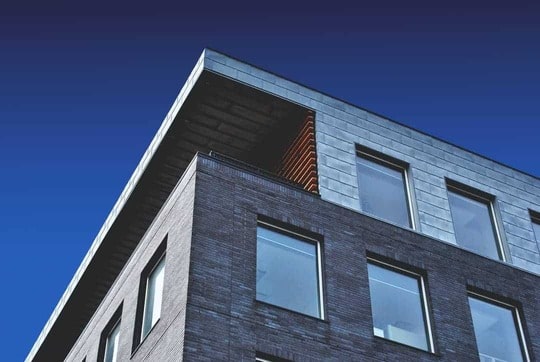Owning your own home has long been considered part of achieving the “Australian Dream.” The idea of buying your first house to settle down in and live in is ingrained in Australian culture and seen as a major life milestone.
However, with skyrocketing property prices in recent years, more first home buyers are facing barriers to purchasing a home to reside in, especially in major cities.
As a result, a growing trend has emerged – first home buyers are purchasing investment properties instead of homes to live in for their first property purchase. The appeal is clear – investment properties can provide rental income to help finance the mortgage, while home buyers can continue to rent where they want to live.
But does buying an investment property align with the “Australian Dream” of owning your own home? Does generating income justify not yet owning your own place to call home? Or does rentvesting provide the best of both worlds for getting started in property?
In this blog post, we’ll analyse the options of buying a home to live in versus buying an investment property as a first home buyer in Australia.
Buying a Home to Live In
For many Australians, buying a home to live in represents fulfilling the long-held “Australian dream” of home ownership. There is a strong cultural attachment to the idea of purchasing your own place to settle down in and make memories. Beyond the emotional and lifestyle benefits, there are also compelling financial incentives driving first home buyers to purchase a property.
Fulfils the “Australian Dream” of Home Ownership
Owning your own home has always been considered a rite of passage and an important milestone in Australia. Having a place to call your own, decorate to your tastes, and feel secure and stable represents a major life achievement for many Aussies. The pride and comfort that comes from owning your own home should not be underestimated.
More Emotional Fulfilment and Stability
Beyond the cultural significance, living in a home you own can bring greater emotional fulfilment and stability in life. The ability to renovate and make the space truly yours, without worries of inspections or lease renewals, can provide comfort. And having your own backyard for pets, gardens, or kids to play in can greatly increase lifestyle satisfaction.
Mortgage Payments Build Equity You Keep
Unlike paying rent, mortgage payments go towards eventually owning your home outright. Even early on, your loans principal repayments start building equity that belongs to you. This can give your finances stability even if the market dips. And when you sell, all the equity and appreciation is money in your pocket.
You can also use the equity you build to purchase another property in the future. You do this by leveraging the available equity (property value minus outstanding debt) as a deposit for the second property purchase while using your existing home as collateral for both loans.
Government Grants and Stamp Duty Concessions
First home buyers also have access to thousands of dollars in government grants and stamp duty savings to make purchasing more affordable.
For example, the First Home Owner Grant (FHOG) provides $10,000 in some states to put towards a home. First home buyers may also have the option to pay reduced stamp duty, with some states offering stamp duty exemptions. For example, in New South Wales, you could qualify for a full stamp duty exemption if you’re buying a new or existing home valued up to $800,000.
Note: These supports are only for purchasing a home you live in.
Buying an Investment Property
Purchasing an investment property as your first home has become an increasingly popular route for getting started in Australian real estate. The strategy of “rentvesting” allows you to invest in property and generate rental income while continuing to rent affordably in the area you want to live in. There are several key financial and lifestyle advantages to buying an investment property first.
Renting Where You Want While Generating Rental Income
Rentvesting simply means renting where you want to live while purchasing a separate investment property to rent out. This gives first home buyers flexibility if they feel priced out of desirable areas. They can buy an affordable investment property in another suburb or city to generate income. Then they rent a home in their ideal neighbourhood that matches their lifestyle.
Tax Benefits
While you’ll have the added responsibility of having to pay tax on the rental income, as an investor, you can also access tax deductions on property expenses like property manager fees, interest on your loan and maintenance costs that owner-occupiers miss out on. Benefits like negative gearing and depreciation also provide savings that offset costs.
Potential to Access More Affordable Properties to Get Started
First home buyers may only have a budget for lower-priced properties. Buying an investment property in an affordable area still grows your wealth through the asset. And it gets your foot in the door to start benefiting from capital growth that should accumulate over time.
Note: While buying an investment property has advantages, rentvesting does mean taking on the duties of an investor. Make sure you assess potential rental income and are prepared for responsibilities like maintenance and screening tenants.
But for many first home buyers, buying an investment property first provides the most accessible path to entering the market.
So, Should You Occupy or Go the Property Investment Route?
Determining if your first home should be a residence for yourself or an investment comes down to weighing several personal and property market factors:
| Ask Yourself | Considerations |
| Can you afford properties in areas you want to live in? | Crunching the numbers on what you can afford is extremely important. If your budget is only sufficient for cheaper suburbs, buying an affordable investment property combined with renting in a preferable suburb may make more financial sense |
| Will renting impact your lifestyle or stability? | Consider if renting aligns with your life plans or if you value the security and control of owning your residence. Frequent moves or a lack of flexibility in renting may sway some towards buying their own home first. |
| Do you plan to move to other areas in the near future? | If you may relocate for work or family in the next 5 years, purchasing an investment property you can rent out from afar may provide more flexibility |
| What are the price growth projections in each area? | Research projections to determine if buying in high-growth areas for your home or investment makes most financial sense long-term |
Carefully weighing affordability, lifestyle factors, future plans, and market conditions allows you to determine the best first property purchase for your personal situation. Connecting all aspects provides clarity on which option supports both financial and lifestyle goals.
Key Takeaways
- Deciding if your first property purchase should be a home to live in or an investment comes down to aligning with your personal financial situation and lifestyle goals.
- There are compelling cases on both sides – owning your own home fulfills the cultural “Australian Dream” and builds equity you keep, while property investing can maximise returns and provide flexibility. And despite the tax implications, there are some tax benefits too.
- Ultimately, you need to realistically weigh factors like your budget, future plans to move, and market growth projections. This will determine if buying a residence or investment property supports your needs best.
- The “right” option depends hugely on your individual circumstances.
- While rentvesting has its advantages, some first home buyers may still prioritise achieving the milestone of owning their own place.
- Others may find buying an affordable investment property a smarter way to enter the market if faced with budget constraints when looking in desirable areas.
Carefully comparing both scenarios allows you to chart the best course of action. I recommend speaking to a financial advisor to map out pro formas for each option tailored to your situation. Having clarity on the pros, cons, lifestyle impacts, and finances will empower you to make a well-informed decision.
The key is buying your first property – whether as an owner-occupier or investor – as a stepping stone to building wealth.
If you decide to go the investment route, make sure you’re maximising your property investment strategies and tax deduction claims by ordering a depreciation schedule from Duo Tax.
FAQs
Can the First Property I Buy Be an Investment Property?
Yes, your first property purchase can absolutely be an investment property rather than a primary residence. This route is known as “rentvesting” – renting where you want to live while buying a separate investment property to generate rental income.
It allows first home buyers priced out of desired areas to still enter the market. As long as you can afford the mortgage payments and other ownership costs, there are no restrictions on buying an investment property first.
How Much Money Should I Have Before Buying Investment Property?
Experts typically recommend having at least 20% of the purchase price as a deposit when buying an investment property, which allows you to avoid paying lenders mortgage insurance (LMI). On a $500,000 investment property, for example, you would want around $100,000 saved.
Having this substantial deposit shows lenders you can service the loan and gives you equity in the asset right away. You should also budget for other upfront costs, like legal fees and have a buffer for unexpected repairs or periods of vacancy.
Do First Home Buyers Pay LMI?
Yes, first home buyers typically do pay lenders mortgage insurance (LMI) because few have a 20% deposit saved. LMI protects the lender if you default, but it adds thousands to loan costs. For example, on a $400,000 mortgage with 5% down, you may pay over $14,000 in LMI.
First home buyer stamp duty concessions in some states help offset this. To avoid LMI, you need at least a 20% deposit, which is very difficult for most buying their first home.

Ready to get started?
Talk to one of our friendly property experts to get a free quote or more Information.


